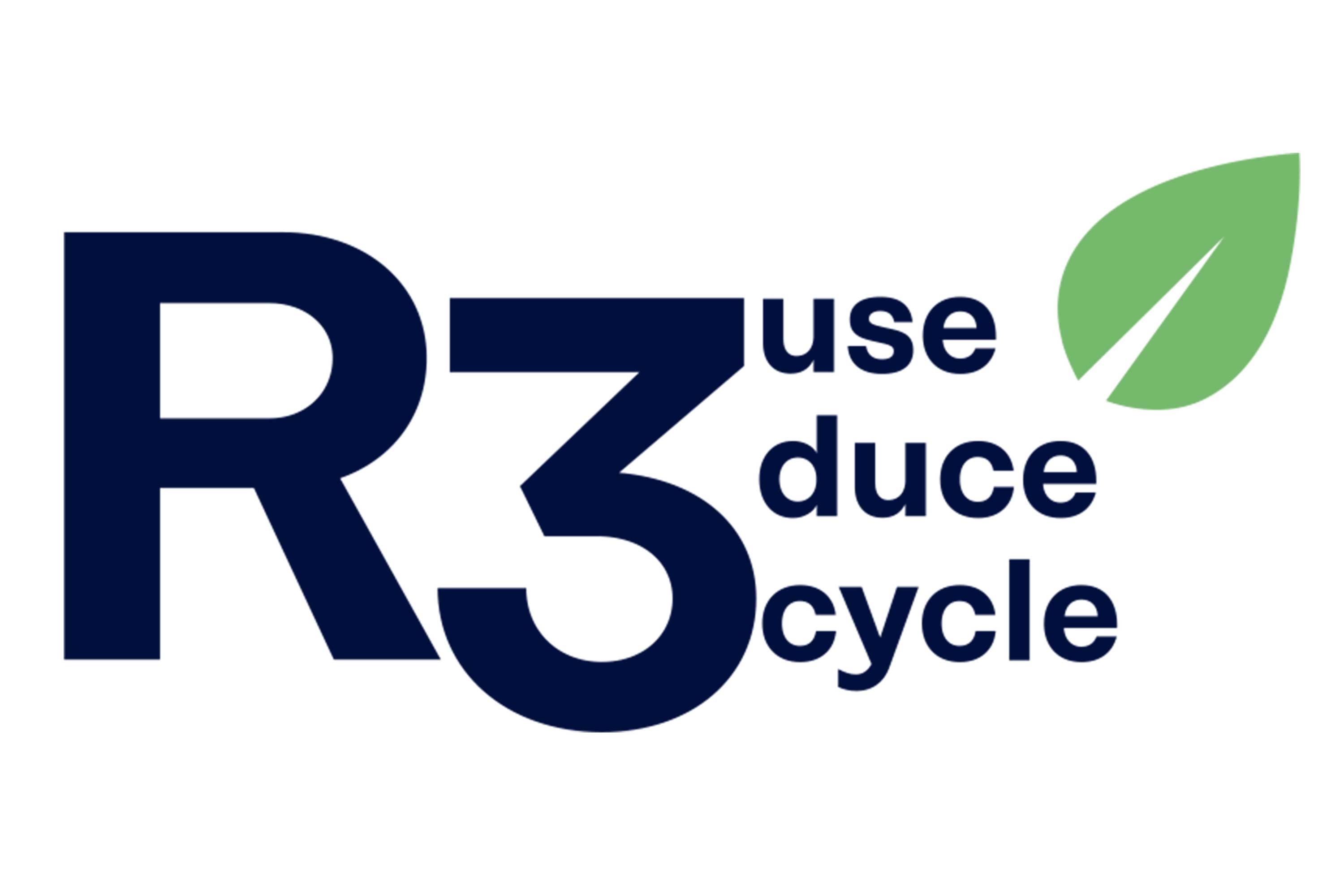Advanced Interlayer Solutions Division About Us Sustainability R3 – AIS initiatives

REDUCE -> REUSE -> RECYCLE
Consumer packaging is undergoing a paradigm shift in terms of materials, volume and design, and much of industry needs to catch up.
We are a leader in the field in this respect and have already made significant strides in our packaging practices by introducing several more-sustainable initiatives and solutions that are positively impacting the sustainability value chain.
Returnable and reuseable assets will always be more sustainable, and many can be reused multiple times, boosting their sustainability credentials even more
For customers:
In addition to the extensive tools available on our website, we have introduced our new free Carbon Reduce AI tool, which uses the power of artificial intelligence to help you determine the carbon footprint of glass structures such as laminated safety glass and insulating glass.
EPD documents relating to specific Kuraray interlayers are used to calculate the CO2 footprint of the glass superstructures.
The values of the selected individual glass types and the energy consumption for the processing procedures at the glass processor are based on the average values of the glass industry determined by the Bundesverband Flachglas, in cooperation with IFT Rosenheim. However, the actual values of the respective base glass or glass processor can also be used.
The application is linked to the Strength Lab AI structural design software so that the structural properties can also be checked at the same time. An optimization function is then used to quickly and easily determine the best possible glass structure for the respective application.
Emission reduction - 16.7 % of CO2-eq kg/kg-mile
We are excited to share that, as part of our initiative to improve the sustainability of our internal transfers, we've achieved a 16.7% reduction in CO₂ emissions on one of our routes. This progress highlights our commitment to reducing our environmental footprint, with plans to extend these improvements across all internal logistics operations.
Finished Product – Internal Transfer
As part of our ongoing efforts, we are actively investigating shifting more of our shipments from rail back to ocean transport. This transition leverages the lower emissions per ton-mile that ocean freight offers, helping us minimize our environmental impact while continuing to deliver high-quality products efficiently.
In line with reuseable packaging concepts, we are also investigating recyclable materials for use in components that cannot be easily redeployed, this includes wider usage of wood, cardboard, and paper and the adoption of more easily/widely recyclable plastics.
Do you have a question or maybe an idea for us? If so, why not send us a message – we are happy to be here for you.
Typically, we answer within three working days, but queries requiring extensive research may take longer and will be answered as soon as possible.
Keep up with the very latest news in laminated glass innovations and procedures by subscribing to our free Laminated Glass News.
Subscribe here